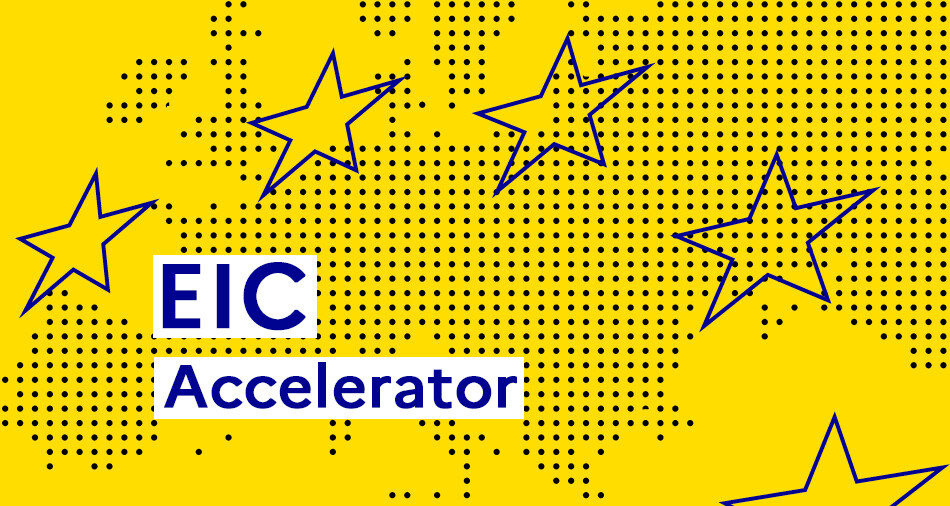ExpectedOutcome:
Projects results are expected to contribute to some of the following expected outcomes:
- Improved flows of innovation resources between innovation ecosystems at various levels of developments;
- Improved quality of entrepreneurial education and local talents equipped with skills to support business acceleration and digitalisation[1];
- Enhanced entrepreneurial activity in developing innovation ecosystems and its scale up across Europe or internationally;
- Increased youth (self) employability;
- Raised awareness of diverse business cultures and opportunities across sectors and / or geographies.
Scope:
Target group(s): Vocational schools, higher education establishments, public authorities in the field of education and employment, SMEs, corporations.
The transforming economy and rapid development of technology have changed employment conditions and the set of skills needed to grow one’s own business. More than ever should educational institutions work hand in hand with the business sector to prepare students for a rapidly changing working environment by nurturing their entrepreneurial competences. Compared to dense areas around economic centres, the entrepreneurial skills and activity gap is bigger in peripheral areas with lower economic activity, confirming the importance of closely interlinked ecosystems for sustaining entrepreneurial activity and employment rates.
The Expanding Entrepreneurial Ecosystems should enhance entrepreneurial skills of youth in ‘modest’ and ‘moderate’ innovation ecosystems by supporting entrepreneurial education through programmes designed in closed collaboration with the private sector and business acceleration entities. The proposals should leverage on the best practices of the private sector in Europe’s well performing innovation hubs and the existing collaboration with educational institutions. Only by building local talents, including female talents, and providing them with knowledge and opportunities to contribute to the local private sector or develop their own businesses, the local innovation ecosystem can expand based on sustainable and inclusive growth. The proposals should valorise high levels of technical skills in developing innovation ecosystems with hands-on knowledge and experiences in business management and international scale-up process.
The action supports co-designed programmes of activities, of at least two (2) study years, proposed jointly by educational institutions from ‘modest’ and ‘moderate’ innovation ecosystems and the private sector from innovation hubs (‘strong innovators’ and ‘innovation leaders’)[2], to nurture entrepreneurial skills by activities, for example:
- engagement of business experts into the implementation of educational programmes;
- engagement of students and graduates from various disciplines and departments into the respective companies’ structures, and engagement of educational staff in companies’ business processes, both with a target of gender-balanced participation;
- organisation of co-ideation challenges, where students can propose innovative solutions in the field of partners’ expertise and are provided with resources and support to develop the product and its business development strategy.
To ensure that the impact of the action goes beyond consortium members and their respective countries, it is encouraged that the consortium works closely with innovation agencies from their respective territories and beyond, and seeks for synergies with relevant EU initiatives such as the European Institute of Technology and Innovation.
[1] See Entrepreneurship Competence Framework for more information on entrepreneurial competences.
[2]References: Regional Innovation Scoreboard (RIS), European Innovation Scoreboard (EIS), Global Innovation Index (GII).





